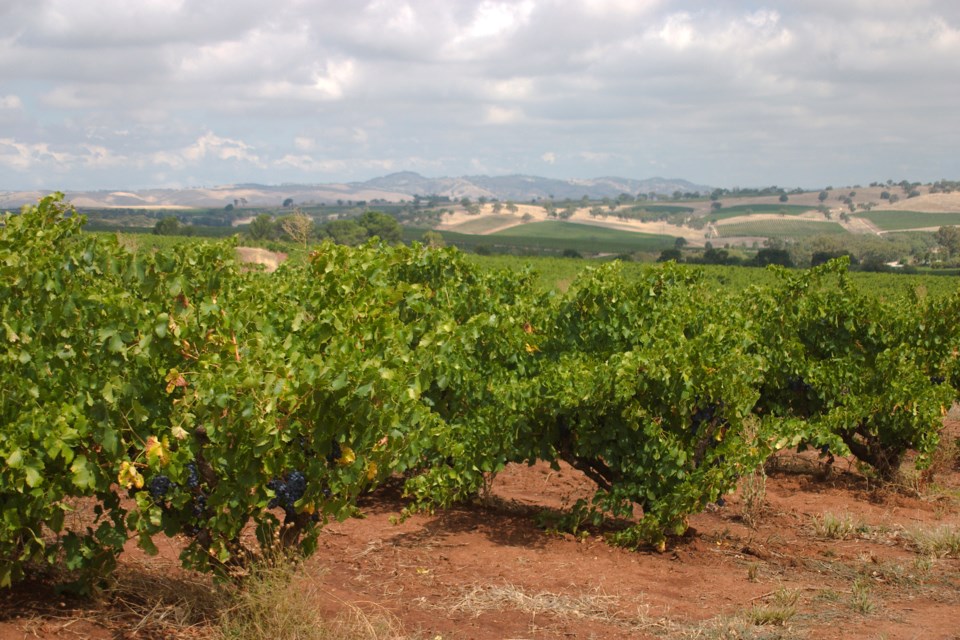Terroir. It’s a funny word. Funny and often misunderstood.
Ask three people what terroir stands for, and you’ll likely get three different answers. It has also become a popular buzzword in certain circles over the last decade, but the idea is as old as winemaking itself. Although, it’s no longer limited to winemaking.
“Terroir is a sense of place, a sense of geography” says Harry Hertscheg, executive director for the Vancouver International Wine Festival. “It’s a concept that the French have championed, in that the winemaker is the custodian of what makes that place special.”
The importance of place for more than just wine has been a common philosophy in Europe for generations. In countries like France, Italy and Spain, everything from cheeses and cured hams to pizza have protected designations and status based on their place of origin.
“In Europe, foods tend to be named after their places, because those places are what make that ingredient special,” explains Hertscheg.
Here in BC, we are more focused on the ingredient rather than the place, but that is changing, according to Hertscheg.
“In North America, we’re in the early stages of understanding that food or wine comes from a place. But, I think people are finally sensitizing themselves to the idea that terroir is not a new concept, that it already exists. It’s the 100-mile diet that arose out of the concept of terroir, not the other way around.”
It’s because of this shift in understanding that the Golden Mile in the South Okanagan is getting its own appellation.
“It takes time to understand why that beef, that fruit, that oyster, is different because of that place,” says Hertscheg. “What John Bishop started [decades ago], what Robert Clark did at C Restaurant 15 years ago, they were early pioneers. Chefs now seem to be increasingly passionate about that.”
Anyone who’s revelled in the distinctive sweet taste of Kelowna’s Stoney Paradise tomatoes or the delicate brininess of Sawmill Bay oysters, understands how place imprints on taste. And that understanding is about more than simply knowing where an ingredient comes from or how it was grown. It’s about understanding the significance of the sandy, rocky soil on the fruit that grows there, be it tomatoes or grapes, and what effect it has on the outcome.
Terry Threlfall, an award-winning sommelier and wine consultant, and official sommelier for the wine festival, concurs. “I do think there is a movement towards showcasing wines that show that sense of place. The best wines in the world have a sense of where they’re from. Those wines tend not to be manipulated much. You want as little between the vine and the fruit that comes off of it.”
That ethos of leaving things as untouched as possible, of showcasing the place, can be seen in the rising popularity of foraged, wild and “living” ingredients on local menus. (Live algae, anyone?)
The wine festival’s global focus this year is a perfect example. “The global focus is to shed light that Syrah and Shiraz are connected,” explains Hertscheg. “They’re very food-friendly, not as structured as Cabernet Sauvignon, not as light as Pinot Noir, but very diverse. We make some very precocious Syrah in the Okanagan; the vines deliver some very good flavour early in the vine life, which is important. We are never going to have old-vine Syrah, like they do in France, or the old-vine Shiraz in Australia, because of our cold climate. But, the young vines seem to deliver quite a lot of flavour and interest.”
So, as you taste your way through the many wines and meals to come over the next few weeks, spare a thought for where, as well as what and who. It’s time to let terroir have its place in the limelight. W
• The 37th annual Vancouver International Wine Festival runs Feb.20 to March 1. VanWineFest.ca



